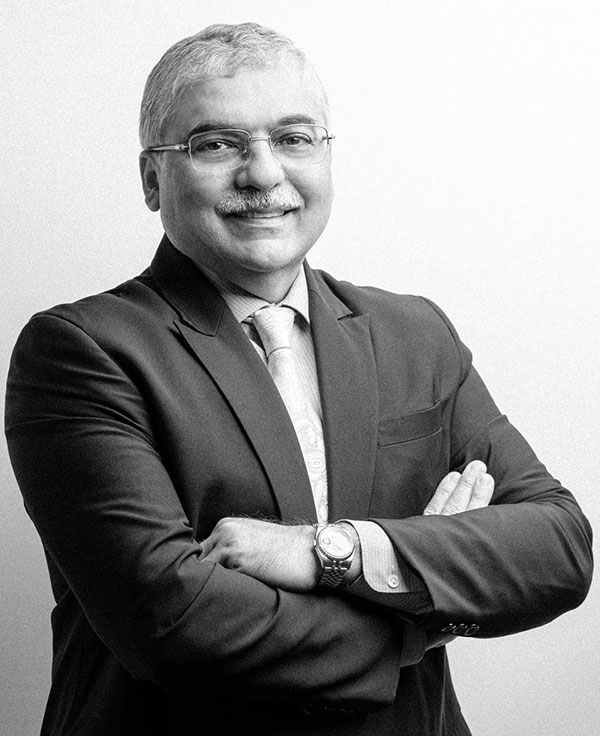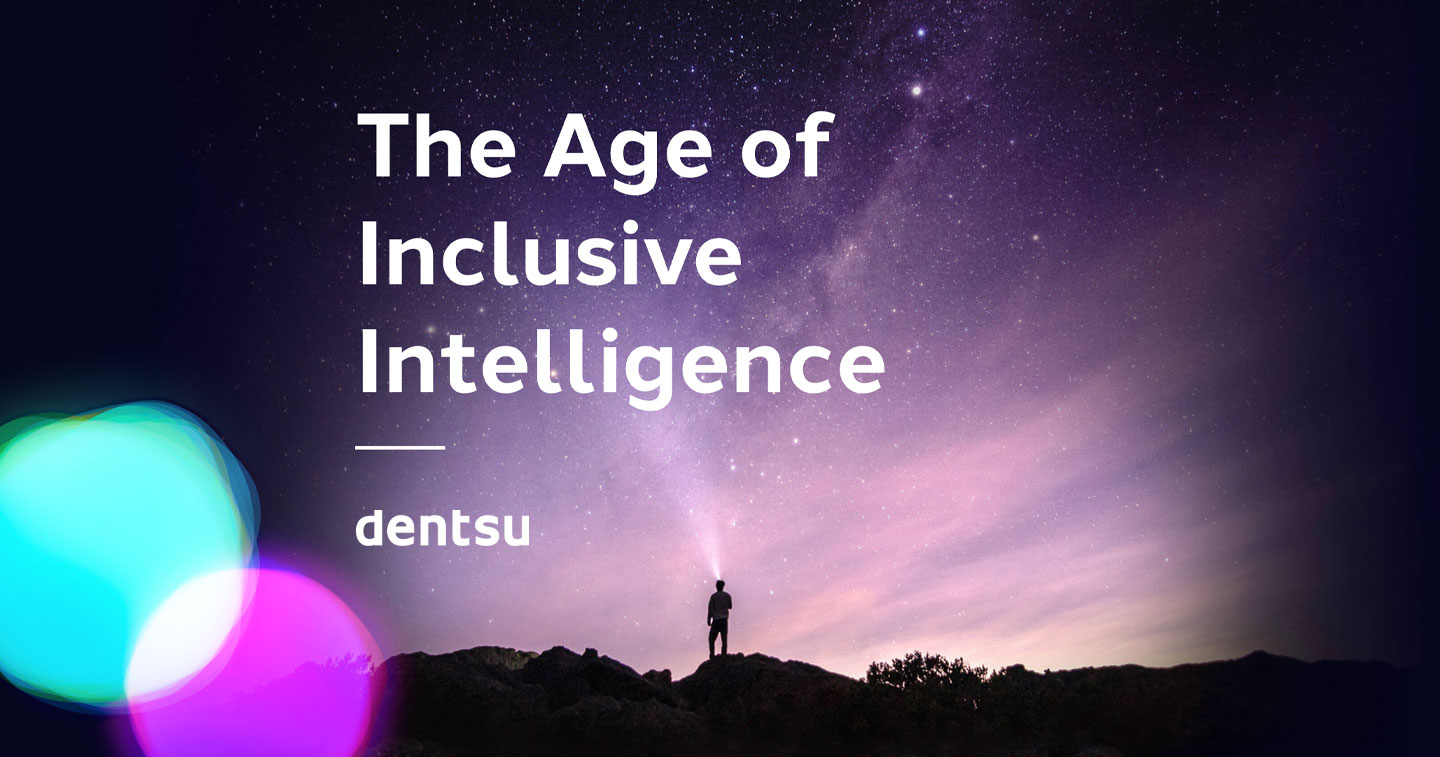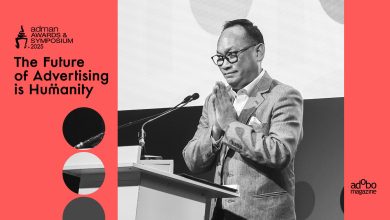SINGAPORE – Today sees the launch of the dentsu consumer vision ‘The Age of Inclusive Intelligence’, which charts the long-term consumer trends that will shape the next decade. The research shows how the pandemic has accelerated many of the long-term trends facing brands, drawing on in-depth interviews with world-renowned futurists, academics, authors and experts, together with multiple proprietary consumer surveys.
Health and well-being is a key theme throughout the report, with many consumers reporting a desire to utilise technology to stay healthy in the future. More than half of US consumers report they would insert a microchip in their brain in order to extend their life expectancy. Furthermore, as policymakers assess the psychological fallout from the pandemic, one third of consumers say that by 2030 they would undergo non-essential surgery to improve their mental health.
On climate change, 77% of UK consumers say that COVID-19 has made them more aware of the harm caused to the environment by global travel. Longer term, this is fuelling greater consumer activism with purchasing decisions increasingly based on social issues. Two-thirds of UK consumers say that by 2030 they will not buy goods that they know have a negative impact on the environment.
The dentsu consumer vision is out now. Find out why we’re entering the Age of Inclusive Intelligence and what brands must do to adapt to a decade of disruption. Get the report: https://t.co/8FQqoUlKs3 #dentsuconsumervision pic.twitter.com/MH4Zz46Q07
— dentsu (@dentsuintl) March 3, 2021
Similarly, with more people staying at home during lockdown, the growing popularity of eSports and online gaming has accelerated. As global awareness of eSports is expected to reach two billion by 2021, the way we look at sport in general will continue to evolve with ‘real-world’ sports and activities being forced to innovate to keep up.
Furthermore, as online retailers grow in size and scope—fuelled by the growth in ecommerce during the pandemic—many brands will find themselves struggling for visibility. The research finds that nearly half (46%) of Chinese consumers would already be happy to use just one single company for all their lifestyle needs.
Each of the trends highlighted in the report carries specific implications for brands. But across almost all of them sits the concept of ‘inclusive intelligence’— the ability to incorporate new views, values and behaviours into their value proposition against a backdrop of widening inequality and ethical complexity.
On the launch of the report, Wendy Clark, Global CEO, dentsu international said: “What is very clear from the past year and the findings of dentsu consumer vision 2030 is business leaders must prepare for a very different consumer landscape. One which is continually evolving via innovation in technology, health and well-being, activism, and climate change. Leading brands will use this information and inclusive intelligence to build human-centric experiences and relationships to meet these consumer expectations.”

Commenting on the visionary trends report, Ashish Bhasin, CEO at dentsu Asia Pacific said: “Building inclusive intelligence starts with superior consumer understanding. The time is now for brands to take charge of their own future narrative by developing pre-emptive efforts in getting to know and predict end-user behaviour, rather than play catch-up with the speed of their consumers. Brands, especially those in our region, will also need to be more open, more transparent, in the way they work and be comfortable collaborating outside of their organisations as they are within them. This is especially key in their dealings with clients, agency partners, NGOs, governments, communities. We all need to work even more seamlessly with one another, to make meaningful progress together.”
The dentsu consumer vision report is available for download here.








